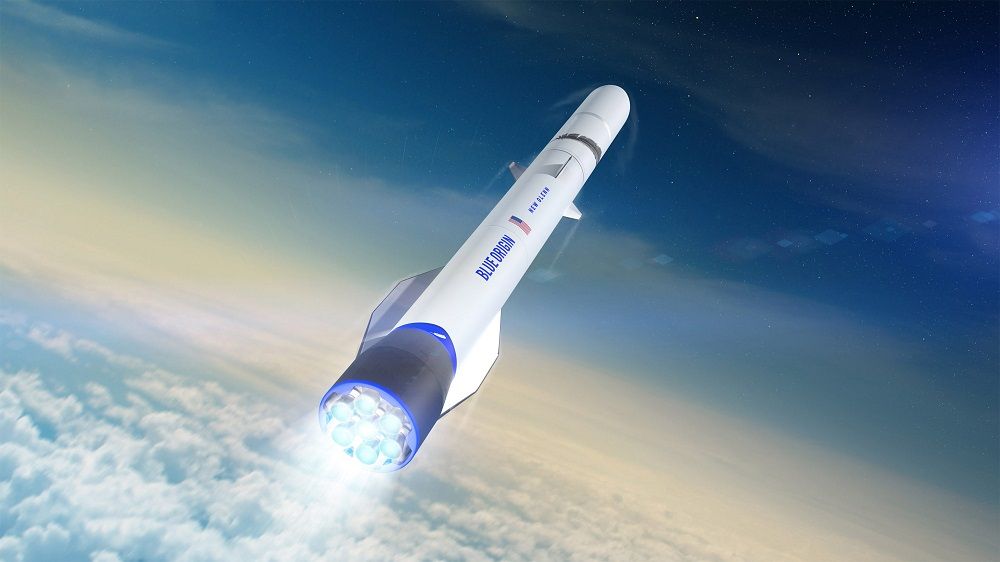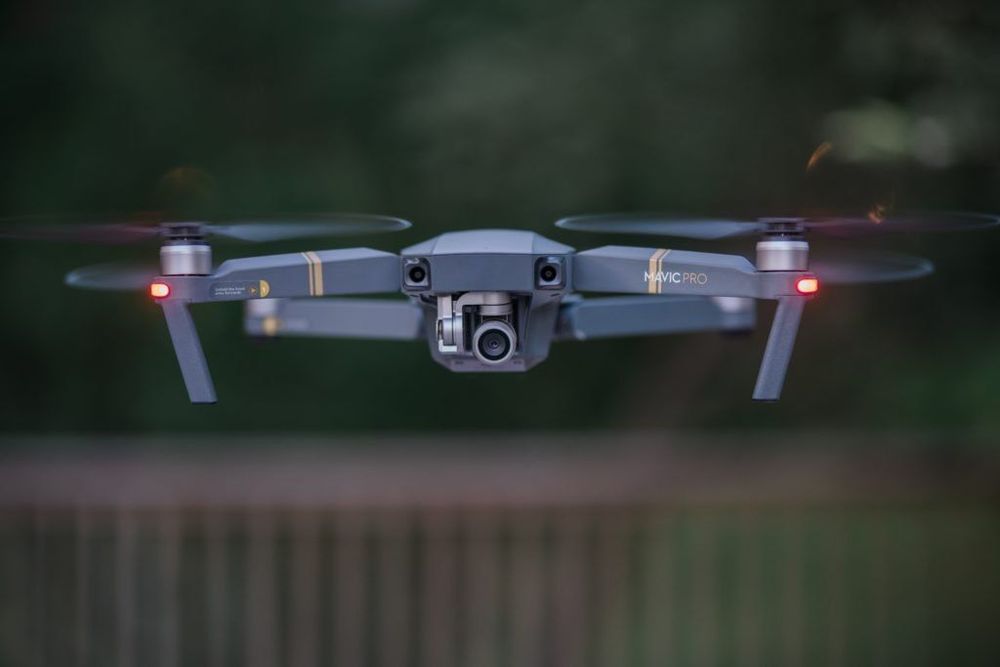A recent survey by the IE University in Madrid reveals that one in four Europeans would be ready to put an artificial intelligence in power. Should we be concerned for democracy or, on the contrary, welcome Europeans’ confidence in technology?
Europeans ready to elect an AI?
According to the study in question, about one in four out of the 25,000 Europeans surveyed would be prepared to be governed by an AIt worth noting that there are significant variations between countries, because where the European average is around 30%, respondents in the Netherlands are much more open to having a government run by a supercomputer (+ 43%) than in France (+ 25%). “The idea of a pragmatic machine, impervious to fraud and corruption” is one of the reasons that seems most compelling to the interviewees. Added to this are the options that Machine Learning would enable: in fact, the AI described would be able to improve by studying and selecting the best political decisions in the world… It would then be able to make better decisions than existing politicians.









